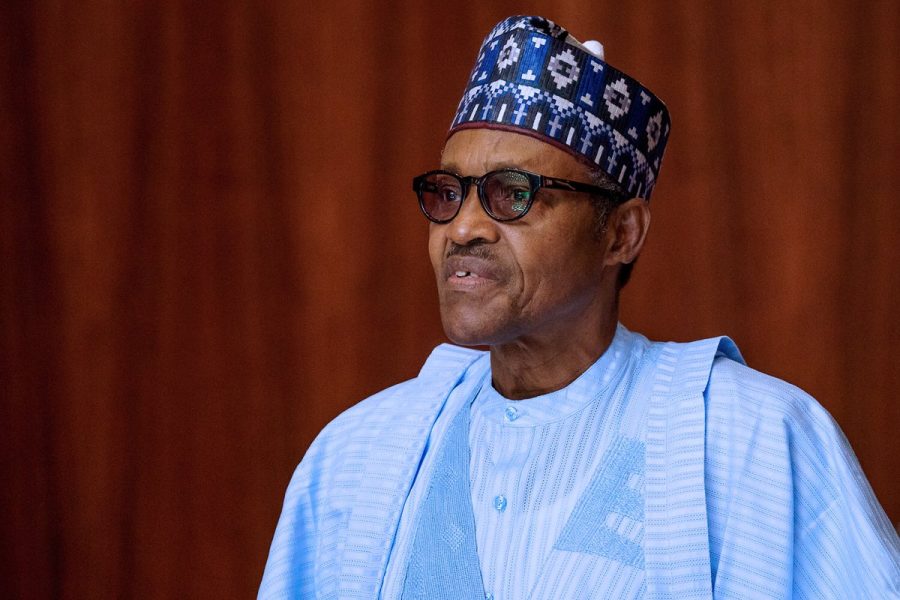Article summary
- Nigeria is impacted by global events. Nigeria relies heavily on imports for essential products like petroleum, cooking oils, fertilizers, crop chemicals, and others.
- The presidency stated that anyone not paying attention to these facts is being dishonest.
- Inflation was boosted everywhere by the COVID-19 lockdowns, which had a severe impact on national economies due to the dislocation of manufacturing and supply chains.
The office of the Presidency said President Muhammadu Buhari’s government should not be blamed for inflation in Nigeria reaching its highest level since January 2004, with the inflation rate hitting 22.2% in April 2023.
This was disclosed in a statement by Malam Garba Shehu, reacting to media reports tying the rise in inflation to the Buhari’s administration.
He argued that anyone linking Buhari’s administration to inflation is not paying attention to facts.
Covid-19
Shehu stated that the inflation being experienced in Nigeria is a worldwide problem that no nation is immune to following the global economic downturn and the COVID-19 pandemic, adding:
- “These days, the Guardian newspaper is at its best when it comes to twisting politically sensitive facts to suit its preconceived notions.
- “In one of its highest fallacies, the paper this morning is tying the rise of inflation to its 17-year high to the person of the President, Muhammadu Buhari, who leaves office in exactly two weeks from this day.
- ” Anybody who promotes this kind of thinking is telling the whole world that they either don’t know what is happening all over the world or they are not paying attention to the facts.”
Pandemic effect
He added that inflation was boosted everywhere by the COVID-19 lockdowns, which had a severe impact on national economies due to the dislocation of manufacturing and supply chains, which he says led to a rise in the prices of those goods reaching the market, adding:
- “Considering that Nigeria relies heavily on imports for essential products like petroleum, cooking oils, fertilizers, crop chemicals, and others, international price fluctuations significantly impact local prices.
- “The government, unless it chooses to disregard the principles of free trade, has limited maneuverability in this regard.”
He gave the French example, which he says enhanced a stable average inflationary regime of 4.1 percent from 1960 to 2022 and is today reporting price increases of up to 1,080.36 percent, adding:
- ” Turkey’s rate is 45 percent; Pakistan has also reported an alarmingly high inflation rate compared to countries with similar profiles.”
- “While Nigeria’s reported inflation rate of 22 percent is undoubtedly high and worrisome, it would be incorrect to suggest that the Buhari administration is not making efforts to address the volatile global cost of living crisis.”
Backstory
Inflation in Nigeria reached its highest level since January 2004, with the inflation rate hitting 22.2% in April 2023.
Core inflation crossed the 20% threshold, highlighting broad-based price increases across essential sectors like housing, education, and healthcare.
The 5 indicators observed in the latest inflation data could portend serious consequences for Nigerians and their purchasing power.
Escalating Costs of Food and Non-Alcoholic Beverages
Within the realm of food inflation, the category of food and non-alcoholic beverage prices is of particular concern, as it rose by 24.5%.
- This indicator highlights the rising costs of staple food items that constitute a significant portion of household consumption.
- As prices of grains, meat, vegetables, and other essentials skyrocket, families are confronted with the agonizing reality of compromised meals and nutritional deficiencies.
- The burden of making ends meet is exacerbated as households are forced to allocate a growing portion of their budget solely to sustenance.
